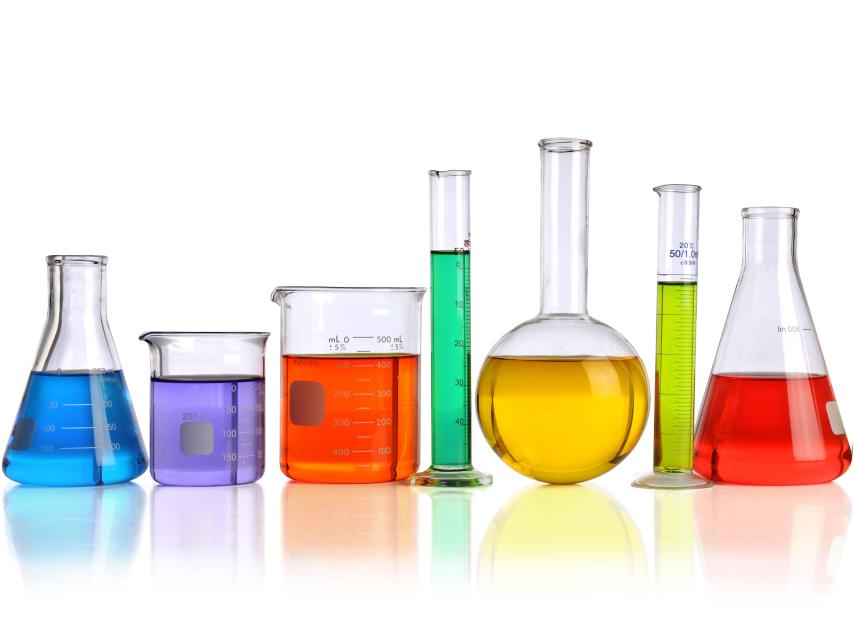Sodium Chloride Food Grade Inorganic Analysis
The analysis of sodium chloride (NaCl) in food grade applications is a critical process that ensures product safety, quality, and compliance with international standards. Sodium chloride is widely used as a preservative, flavor enhancer, and processing aid in the food industry. Ensuring that the sodium chloride meets the required purity levels and specifications is paramount to maintaining consumer trust and regulatory compliance.
In this analysis, we focus on determining the concentration of sodium chloride in samples intended for use in food-grade applications. This service employs a combination of gravimetric methods, titrimetric methods, and modern instrumental techniques such as atomic absorption spectroscopy (AAS) or ion chromatography to achieve high accuracy and precision.
Gravimetric analysis involves drying the sample at specific temperatures and comparing it with a known reference substance. This method is robust but can be time-consuming. Titrimetric methods use standardized solutions to determine the amount of sodium chloride present, providing quick results but requiring careful calibration. Instrumental techniques like AAS or ion chromatography provide rapid and precise measurements.
The primary objective of this service is to ensure that the sodium chloride meets the stringent requirements set by international standards such as ISO 4736 for food additives and flavoring agents. We also adhere to industry-specific guidelines, including those from the Food and Drug Administration (FDA) in the United States or the European Commission's regulations.
For accurate results, proper specimen preparation is essential. This involves ensuring that the sample is representative of the batch or lot being tested. The sample should be homogenized and dried if necessary before analysis. Our experienced technicians perform these steps with precision to ensure reliable data.
The equipment used in this process includes precise balances for gravimetric methods, pH meters and titrants for titrimetric methods, and sophisticated instruments like atomic absorption spectrophotometers (AAS) or ion chromatographs for more advanced techniques. These tools allow us to detect even minute quantities of sodium chloride with high accuracy.
Our laboratory adheres strictly to ISO/IEC 17025 accreditation standards, ensuring that all tests are conducted under controlled conditions and that results are reliable and repeatable. The use of these methods ensures that the sodium chloride in food-grade applications is safe for consumption and meets the highest quality standards.
Understanding the importance of this analysis, we provide detailed reports that not only contain quantitative data but also offer insights into potential issues or areas for improvement. These reports are invaluable tools for quality managers, compliance officers, and R&D engineers who rely on accurate and reliable test results to make informed decisions.
Industry Applications
The sodium chloride food grade inorganic analysis is crucial across various sectors of the food industry. Here are some key applications:
- Preservation and Flavor Enhancement: Sodium chloride acts as a natural preservative, extending the shelf life of processed foods. It also enhances flavors, making it essential for maintaining product quality.
- Packing and Processing Aid: In food processing, sodium chloride is used to adjust the osmotic pressure, which helps in preventing microbial growth and maintaining texture during packaging and storage.
| Industry Sector | Application |
|---|---|
| Frozen Foods | Maintaining the integrity of frozen meals by controlling moisture content and preventing freezer burn. |
| Pickling Products | Enhancing flavor and providing a longer shelf life through high salt concentrations. |
| Beverages | Modifying taste profiles to meet consumer preferences and ensuring consistency in product quality. |
- R&D and Quality Control: By analyzing sodium chloride, R&D teams can optimize formulations while QC departments ensure that products consistently meet safety and quality standards.
Quality and Reliability Assurance
To maintain the highest level of accuracy and reliability in our analysis, we employ stringent quality control measures. These include:
- Calibration of Instruments: All instruments are regularly calibrated to ensure they function within specified tolerances.
- Standard Operating Procedures (SOPs): Every step of the testing process is documented in detailed SOPs to minimize variability and errors.
- Internal Audits: Regular internal audits are conducted to evaluate compliance with our procedures and identify any areas for improvement.
- Continuous Training: Our team undergoes ongoing training to stay updated on the latest techniques and methodologies.
The results of this analysis play a crucial role in ensuring product safety, compliance with regulations, and consumer satisfaction. By providing accurate and reliable data, we help our clients maintain their reputation for quality and integrity.
Customer Impact and Satisfaction
The sodium chloride food grade inorganic analysis has a direct impact on various aspects of the food industry:
- Better Product Quality: By ensuring that sodium chloride meets specified standards, we contribute to producing safer and higher-quality products.
- Enhanced Consumer Trust: Consumers are more likely to trust brands that adhere to stringent quality control measures. This builds long-term relationships with customers.
- Regulatory Compliance: Meeting regulatory requirements reduces the risk of legal issues and ensures that our clients remain compliant with international standards.
Our commitment to excellence is reflected in the consistent satisfaction of our clients. We ensure that every test result is accurate, reliable, and delivered on time. This dedication has earned us a reputation for providing top-tier services in the industry.





